Just two years ago, we announced the same thing in reverse: we would supply Denner with renewable hydroelectric power at a fixed price over eight years. Now we have entered into a purchase agreement with the IST3 Infrastructure Global investment group; BKW will purchase around 130 GWh of electricity from a wind farm that belongs to the investment group at a set price over a number of years.
Amanda, why does BKW use PPAs like these?
Amanda Niklaus: For one, we help corporate customers reduce their CO2 emissions by supplying them with green electricity – it is reliable and, most importantly, easy to plan for. If they were to purchase the electricity from the energy market instead, the companies would never know precisely what price they would ultimately have to pay. With our experience and expertise, we are able to offer fixed prices for wind and solar power. The generation of this energy is weather dependent, which leads to price fluctuations in the open market.
We also help producers of green electricity build new power plants by purchasing electricity from them at a fixed price over an extended period of time. This bolsters investment security for the producers and makes it easier to finance construction projects in the field of renewables. On top of that, we extend the life span of existing electricity production facilities by replacing funding that is set to expire with long-term purchase agreements.

How are we promoting the expansion of renewables with these PPAs?
Amanda Niklaus: In markets that are no longer subsidised, PPAs are an important way of supporting the construction of new solar and wind power plants throughout Europe. Projects like these must generate stable income in order to qualify for funding. Purchase agreements provide this yield stability before the production facility is built. In real terms, the PPA partner, in this case BKW, commits to purchasing the energy generated by a power plant at a specific price that is defined when the agreement is signed.
Martin, by investing in wind and solar power plants you are indirectly supplying around 150,000 homes with renewable electricity. How does a long-term purchase agreement benefit you?
Martin Ragettli: Our investment strategy is aligned with the needs of Swiss pension funds. Our investors depend on stable, predictable cash flows to a certain degree in order to meet their obligations. Regular dividend payments and low volatility reduce the risk profile of an investment. If you sold the electricity generated by wind farms at current market rates, the total revenue would likely be higher – but the level of uncertainty rises too. So we are prepared to trade higher revenue with greater inherent uncertainty for lower revenue with a greater level of certainty.
You invest in renewables and generally focus heavily on sustainability in your financial solutions. Is BKW’s strategy another reason why you are entering into PPAs with us?
Martin Ragettli: The counterparty risk, the contractual structure and, of course, the price are the most important aspects when it comes to selecting an electricity buyer. The fact that BKW is heavily committed to sustainability in the traditional sense and that it takes a clear, consistent and highly successful approach both financially and strategically did inspire and bolster the partnership. Long-term business relationships and reliable contractual partners are immensely important to IST. It’s true that we have not been around for quite as long as BKW, although it has been over 55 years already, and our mutual trust is naturally very strong thanks to our shared Swiss DNA and its rich history.

Amanda, are we not missing out on opportunities to make more on the commercial market than the agreed fixed price?
Amanda Niklaus: Thanks to the strong foundations of BKW, our trading activities and our own power plants, we are in a much better position to take on and manage risks from the production of renewable electricity than a project developer or fund, whose strengths lie elsewhere. It is a win-win situation: we provide a service for managing commercial risks in the field of renewable energy by offering security in the form of a fixed price for the electricity generated by the installation. At the same time, BKW can deliver this green energy from the producers to customers in Switzerland and abroad, which supports the energy transition all along the value chain: generating, distributing and making efficient use of electricity.
And the same question for you, Martin. You could probably generate better returns on the market too.
Martin Ragettli: We are interested in stability and capital protection rather than excess returns. If you consider the long-term investment horizon of infrastructure installations, such as the life span of a wind farm of 25 years or more, then a contractual arrangement lasting a few years seems downright short in comparison. At the end of the day, both parties get something out of it. IST does not have a trading department for electricity and our generation portfolio is too small for us to build a trading team. We do not have direct access to end customers either. That is why we prefer to enable BKW to generate profit from this business in exchange for a high-quality purchase agreement.
Amanda, you have succeeded in signing a lot of PPAs for green electricity in 2023. What is the total volume of all our PPAs and how many partners do they represent? And what happens next?
Amanda Niklaus: We work with over 50 different contractual parties and have signed PPAs for half a gigawatt of power this year.
We still have a lot in store for next year too. For one, we are planning to continue expanding our PPA business in Germany, which will include the supply side. We have set up a new company in Germany to supply market customers directly. We’re also looking to expand into other countries with long-term purchase agreements for green electricity. It’s very exciting.
As Head of Renewables PPA, Amanda Niklaus is responsible for long-term power purchase agreements for BKW.
As Head of Private Infrastructure Equity at IST, Martin Ragettli oversees a billion-franc infrastructure portfolio which includes renewable energy generation facilities.
Article from Inmotion
This article is from «Inmotion», the magazine for employees of the BKW Group. You can find the entire issue as a PDF here (in German or French).
IST Investment Foundation
The IST Investment Foundation is an investment foundation under Swiss law and is regulated by the Swiss Occupational Pension Supervisory Commission. IST3 INFRASTRUKTUR GLOBAL is part of the IST Investment Foundation, which was founded in 1967 and manages retirement capital totalling around CHF 9.5 billion from over 460 Swiss pension funds. As part of the alternative investment services of IST, the direct infrastructure investment strategy of IST3 INFRASTRUCTURE GLOBAL aims to pool Swiss pension fund capital for the purpose of diversified investments in infrastructure installations in OECD countries. IST3 pursues a long-term strategy of investment in infrastructure projects with highly visible, stable cash flows.
Find out more: istfunds.ch
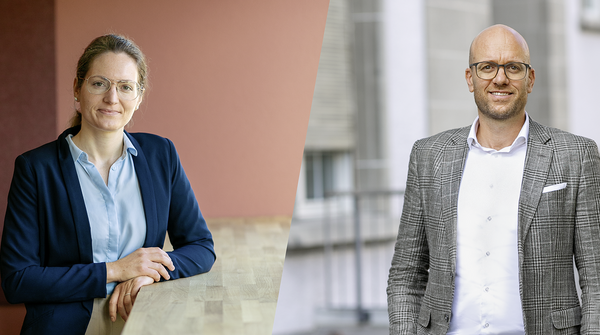
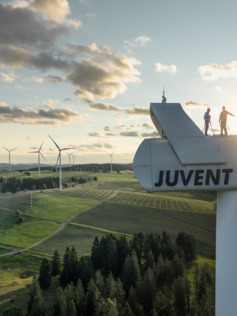
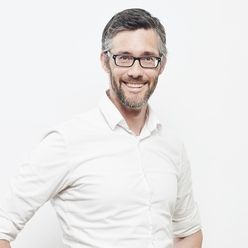
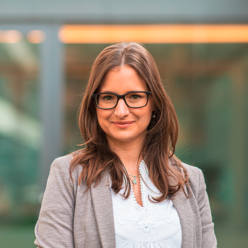


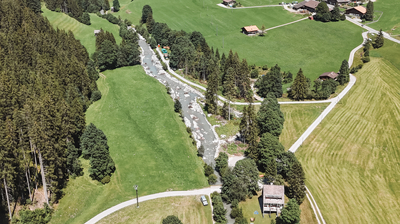

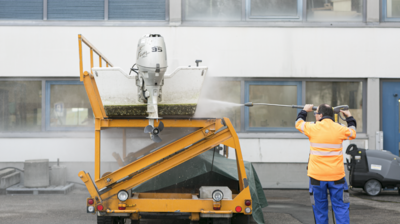
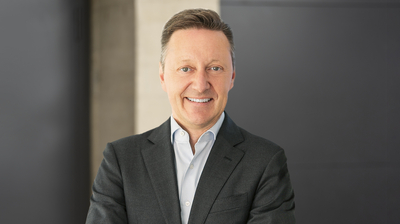
Comments
BKW is open to respectful online dialogue (our netiquette) and welcomes your comments and questions. For questions that do not fit the topic above, please use the contact form.